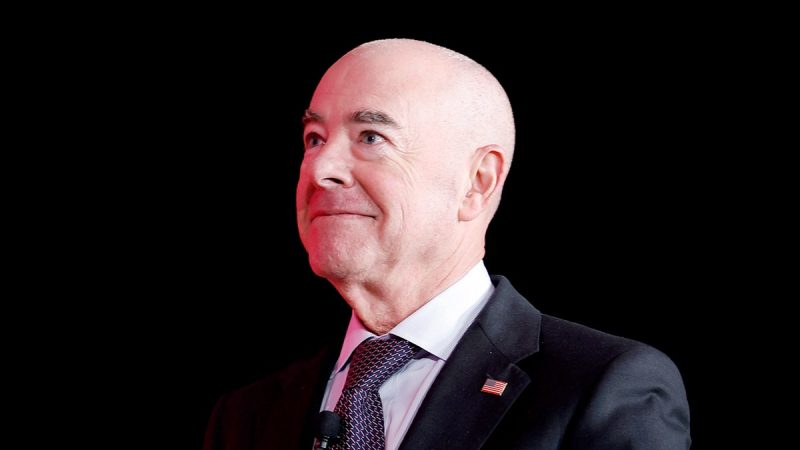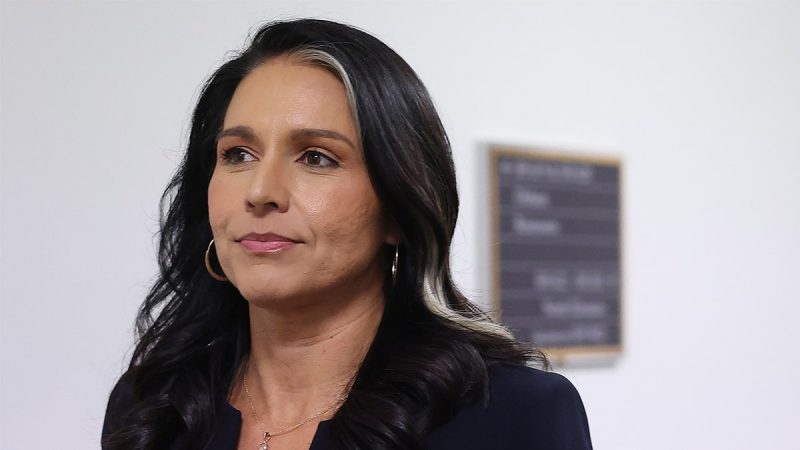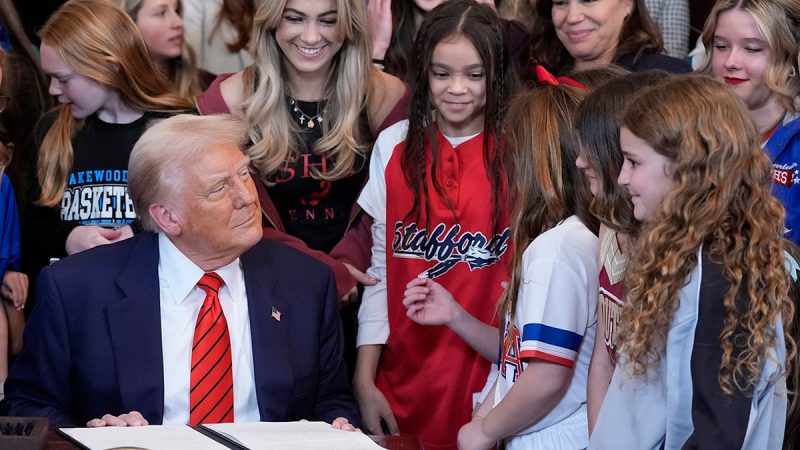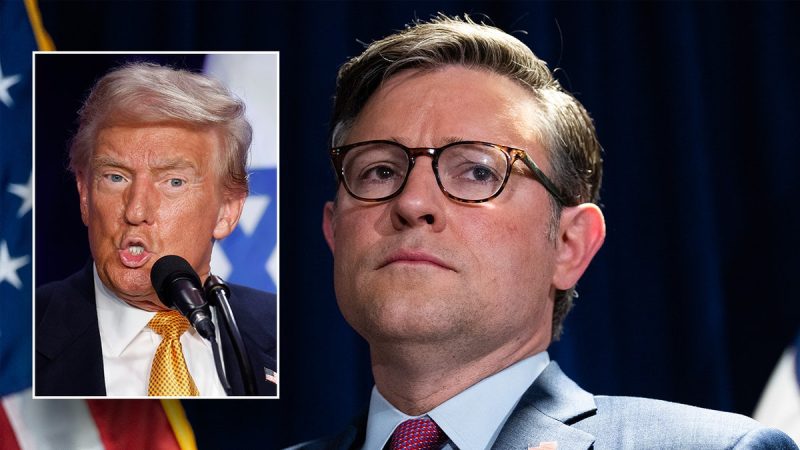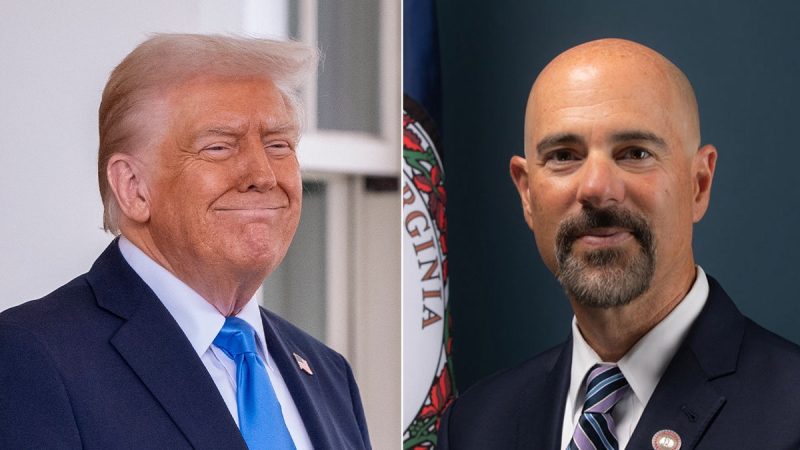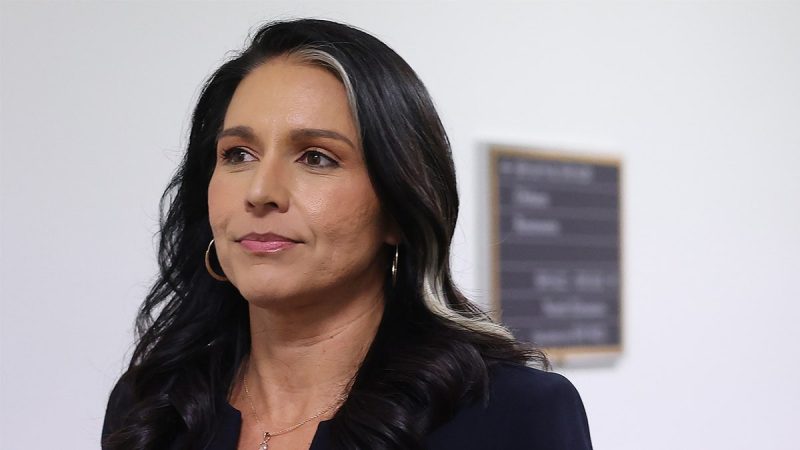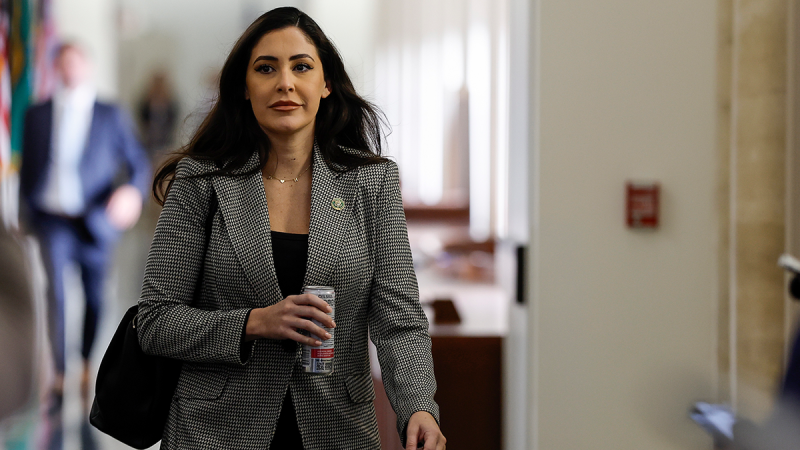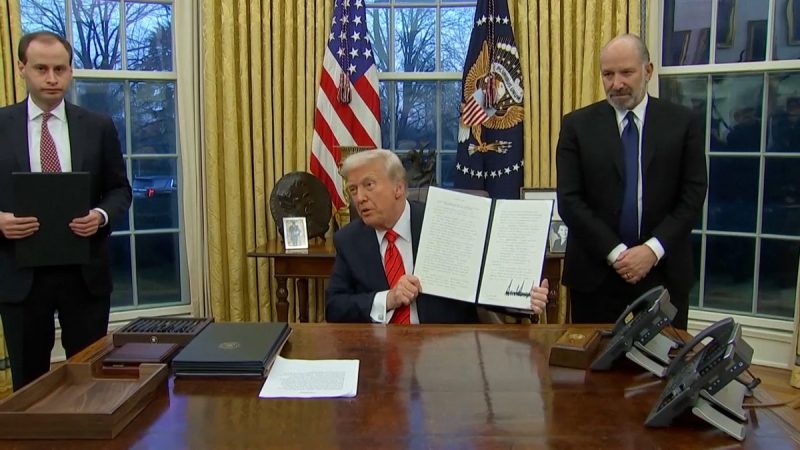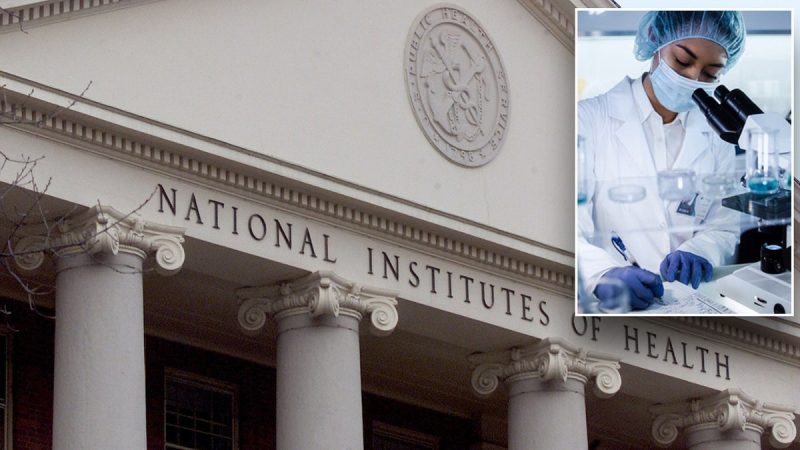
The Trump administration’s decision to slash overhead costs linked to federally funded research has sparked an immense backlash. But some doctors are praising the move, suggesting it will help ‘optimize’ how taxpayer dollars are used when it comes to scientific research.
A new rule from the Trump administration that went into effect Monday, capped facilities and administrative costs, also known as ‘indirect costs,’ at 15% for federally funded research grants provided by the National Institutes of Health (NIH). When a grant is awarded to a scientist by the NIH, an additional percentage, on top of the allocated research funding, goes to the facility housing their work to cover these ‘indirect costs.’
According to an announcement about the new funding cap from the Trump administration, that percentage has historically been around 27% to 28% for each grant. But in some cases, negotiated rates can be as high as 70 to 90%, according to doctors who spoke with Fox News Digital.
‘If that money is cut to 15%, what that means is there’s actually going to be more grants given out to do science. You get more money back to the NIH to give out more science,’ said Dr. Vinay Prasad, a hematologist-oncologist and professor in the Department of Epidemiology and Biostatistics at the University of California, San Francisco.
‘It’s about time,’ said Dr. Erika Schwartz, the founder of Evolved Science, which is a concierge medical practice in New York City with more than 1,500 active patients.
‘While infrastructure support is necessary, there’s room for more efficient cost management. A reformed funding model could redirect more resources to direct research activities while maintaining essential support services. This could potentially increase the number of funded research projects and accelerate medical breakthroughs, ultimately benefiting patients more directly.’
Prasad posited that universities and research institutions have negotiated ‘sweetheart deals’ that allow them to rake in funds that sometimes aren’t even necessary to the research at hand. To demonstrate his point, he explained the numbers for a research institution that has negotiated a 57% rate for indirect costs:
‘Let’s say I get $100,000 [for a research project] and I need a laboratory… I get $100,000, and then they still get the $57,000 to the university that goes to the administrators, and presumably the fact that I have a lab bench, and the lights, etc. But now let’s say I do the same $100,000 project, but my project is we’re going to analyze genomic sequences from an online repository. So, I just have a laptop… but they still get the $57,000 even though there’s literally no space being given to this person. There’s no bench, there’s no desk, there’s nothing.’
Prasad added that another ‘fundamental problem’ with these negotiated rates is that the money is not formally budgeted, so ‘the American people don’t know where that money is going.’
‘A famous researcher once said to me, an NIH dollar is more valuable than any other dollar because they can use it for whatever purpose they want. Although, nominally, they’re supposed to use it to keep the lights on and, you know, make the buildings run, but that’s not always the case,’ he said.
David Whelan, a former healthcare writer for Forbes who has spent time working in hospitals and now works in the healthcare consulting space, echoed this concern in a post on X that claimed universities have used indirect research grant payments ‘to pocket money.’
‘Indirects are just ways for wealthy academic hospitals to pocket money that their investigators won and then create slush for those who are incapable of getting funded on their own,’ Whelan wrote. ‘It’s a huge grift and great place for cuts.’
The Trump administration’s cap on indirect funding associated with NIH research grants was immediately challenged in court with lawsuits from 22 Democratic state attorneys general and a cohort of universities, which argued the move will ‘devastate critical public health research at universities and research institutions in the United States.’
‘Once again, President Trump and Elon Musk are acting in direct violation of the law. In this case, they are causing irreparable damage to ongoing research to develop cures and treatments for cancer, Alzheimer’s disease and related dementias, ALS, Diabetes, Mental Health disorders, opioid abuse, genetic diseases, rare diseases, and other diseases and conditions affecting American families,’ said Rep. Rosa DeLauro, D-Conn., ranking member on the House Appropriations Committee. ‘The Trump Administration is attempting to steal critical funds promised to scientific research institutions funded by the NIH, despite an explicit legal prohibition against this action.’
In response to the lawsuit from Democratic state attorneys general, a federal judge imposed a temporary restraining order prohibiting NIH agencies from taking any steps to implement, apply or enforce the new rule.
The judge’s order also required Trump administration agencies that are impacted by the new rule to file reports within 24 hours to confirm the steps they are taking to comply with the ruling. Meanwhile, an in-person hearing date on the matter has been scheduled for Feb. 21.
This post appeared first on FOX NEWS
